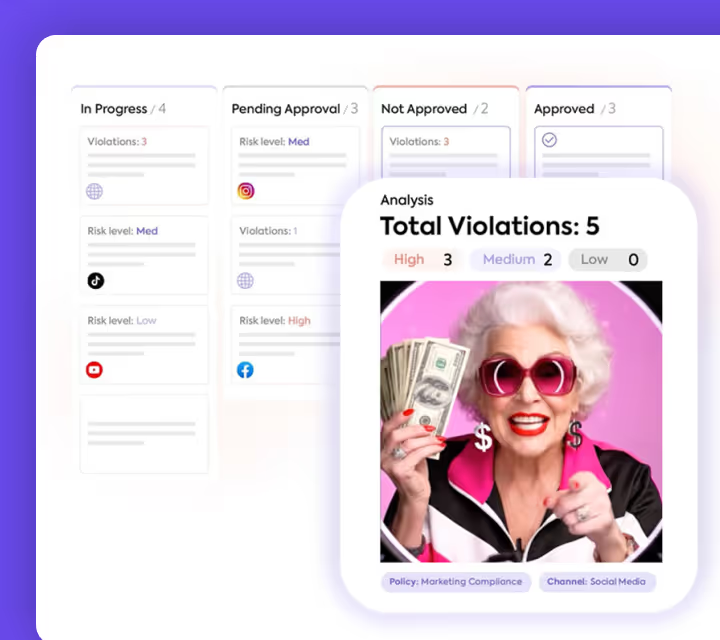Debt collection is the end-to-end process of recovering delinquent consumer debts, from first-party outreach to third-party collections and legal recovery. In the U.S., the primary federal law is the Fair Debt Collection Practices Act (FDCPA), implemented and modernized by the CFPB's Regulation F (12 CFR Part 1006), with additional constraints from the Telephone Consumer Protection Act (TCPA) for calls and texts.
1) What is Debt Collection?
Debt collection refers to activities to recover money owed on consumer accounts (credit cards, personal loans, medical, utilities, telecom, etc.). The FDCPA defines key terms such as debt, debt collector, and communication, and governs third-party collection behavior. Regulation F implements the FDCPA and provides detailed rules (definitions, communications, disclosures, record-keeping).
Who uses this guide: original creditors, loan servicers, debt buyers, contingency agencies, legal collections, and BPO call centers.
2) U.S. Legal & Regulatory Framework
FDCPA (15 U.S.C. §§ 1692–1692p)
Prohibits abusive, deceptive, or unfair collection practices and allows civil liability for violations.
Regulation F (12 CFR Part 1006)
Effective November 2021, most recently amended in 2023, Regulation F operationalizes the FDCPA for modern channels, including:
- Communication rules (§1006.6)
- Model Validation Notice (MVN) safe harbor
- Record retention requirements (§1006.100)
TCPA (47 U.S.C. § 227) and FCC Rules
Restricts calls/texts made with autodialers or prerecorded voices without appropriate consent.
For consumer-facing summaries, see the FTC's Debt Collection FAQs.
3) Consumer Rights You Must Operationalize
- Convenient time/place: Default restriction is before 8 a.m. or after 9 p.m. local time (§1006.6).
- Validation information: Provide as required and use the Model Validation Notice for safe harbor.
- Harassment/abuse prohibitions: Outlined in FDCPA and clarified in Regulation F.
- Right to dispute/request info: Must comply with statutory and regulatory frameworks.
4) The Debt Collection Process (Modern Playbook)
- Account segmentation & scoring – Prioritize by propensity to pay, balance, age, and history.
- Channel orchestration – Calls, SMS, email, letters, portals; compliant with Reg F & TCPA.
- Agent-led negotiations – Leverage empathy and talk-off skill.
- Resolution & post-payment workflows – Payment plans, dispute handling, CRA furnishing.
- Continuous performance + QA – Move to 100% interaction monitoring.
5) KPIs That Drive Recovery
- Right-Party Contact Rate (RPC)
- Promise-to-Pay (PTP) Conversion
- Kept-Promise Rate
- Recovery Rate / Dollars Recovered per Agent Hour
- Average Handle Time vs. Resolution
- Quality/Compliance Score
- Dispute & Reversal Rates
6) Sedric: Performance Gains Without Adding Headcount
- Live script guidance with dynamic scripts
- Automatic objection-handling prompts
- Risk alerts (e.g., mini-Miranda, inconvenient time/place)
100% QA Automation
- Every call transcribed, analyzed, scored
- Risk and missed opportunity detection
- Coaching queues prioritized by impact
Performance Intelligence
- Compare agents on RPC → PTP → Kept-Promise funnels
- Identify and scale winning phrasing/timing
7) Compliance Checklist
- Confirm FDCPA/Reg F applicability
- Implement MVN workflows
- Time/place safeguards and frequency controls
- TCPA consent capture & revocation management
- Enforce prohibited-practice controls
- Maintain records per §1006.100
- Train and monitor 100% of interactions
8) Choosing a Debt Collection Partner
- Regulatory coverage & controls
- Agent enablement tools
- Transparency in performance & risk
- Proven track record in recovery rates
9) FAQs
Is there a safe-harbor format for validation notices? Yes, see the Model Validation Notice.
When are calls considered at an inconvenient time? Before 8:00 a.m. or after 9:00 p.m. local time unless otherwise known (§1006.6).
Do TCPA rules apply to texts? Yes, texts sent via autodialer are considered "calls" under TCPA (FCC guidance).
Where can I link consumers for federal guidance? Use the FTC's Debt Collection FAQs.
Authoritative Government Resources
Ready to modernize your recovery operation?
Sedric helps ARM leaders recover more per agent by combining real-time agent assist, 100% automated QA, and Reg F/TCPA-aware risk controls.







